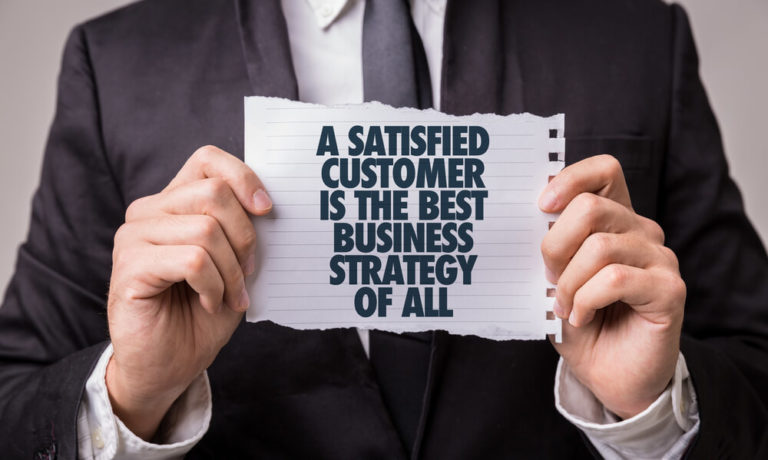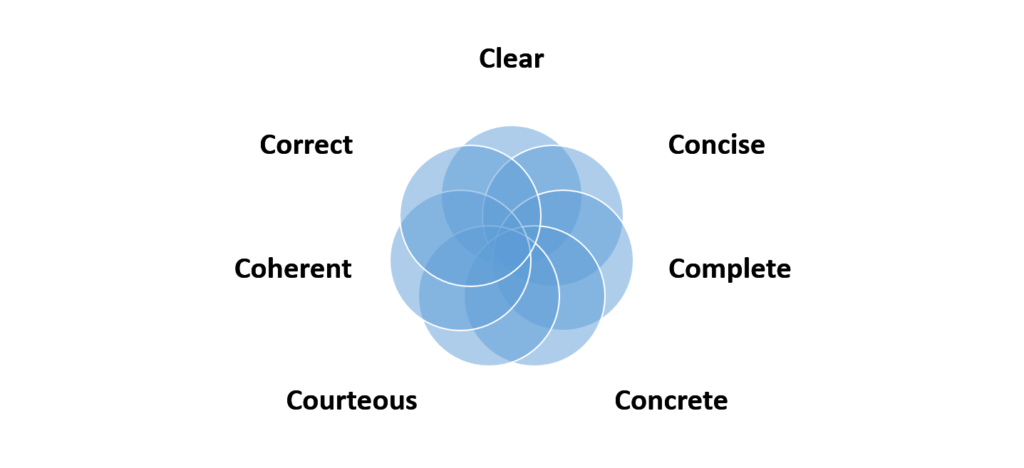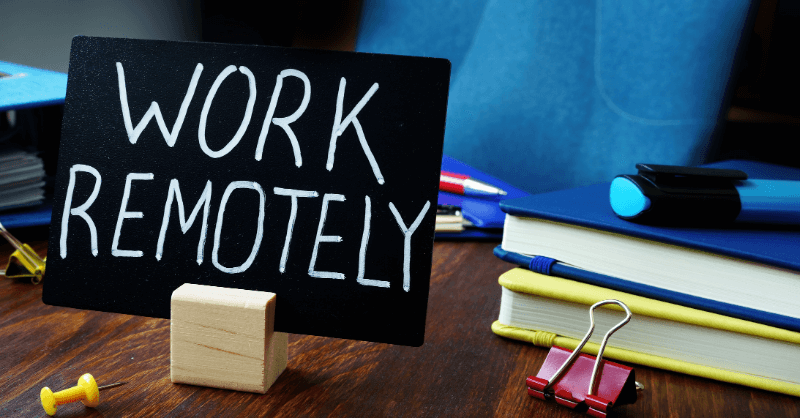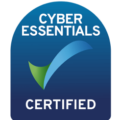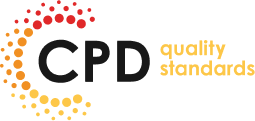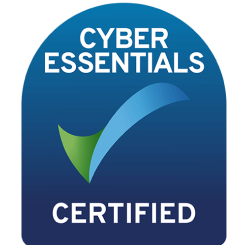Being articulate is necessary for every sphere of life. Thus making this essential for hospitality sector too. For communication to be effective, it has to be clear, concise and easy to understand. Other people must be able to understand the purpose of your message. If not, you have failed to deliver the message and your communication has no real value. Without effective communication, it is impossible to get any job done successfully.
Everyone has to be on the same page. Thus, it requires a continuous transfer of information via many channels. It demands competence in both oral and written communication. Another vital part of communicating is speaking clearly and confidently in public. Being good at public speaking is a prerequisite to be a good manager or leader. Consider this situation where you have to give directions to many teams at the same time. You have to be clear, confident, precise and articulate enough while briefing. Otherwise, they will undermine you. For effective communication follow the seven C’s of communication –


![]() 14 minutes
14 minutes

